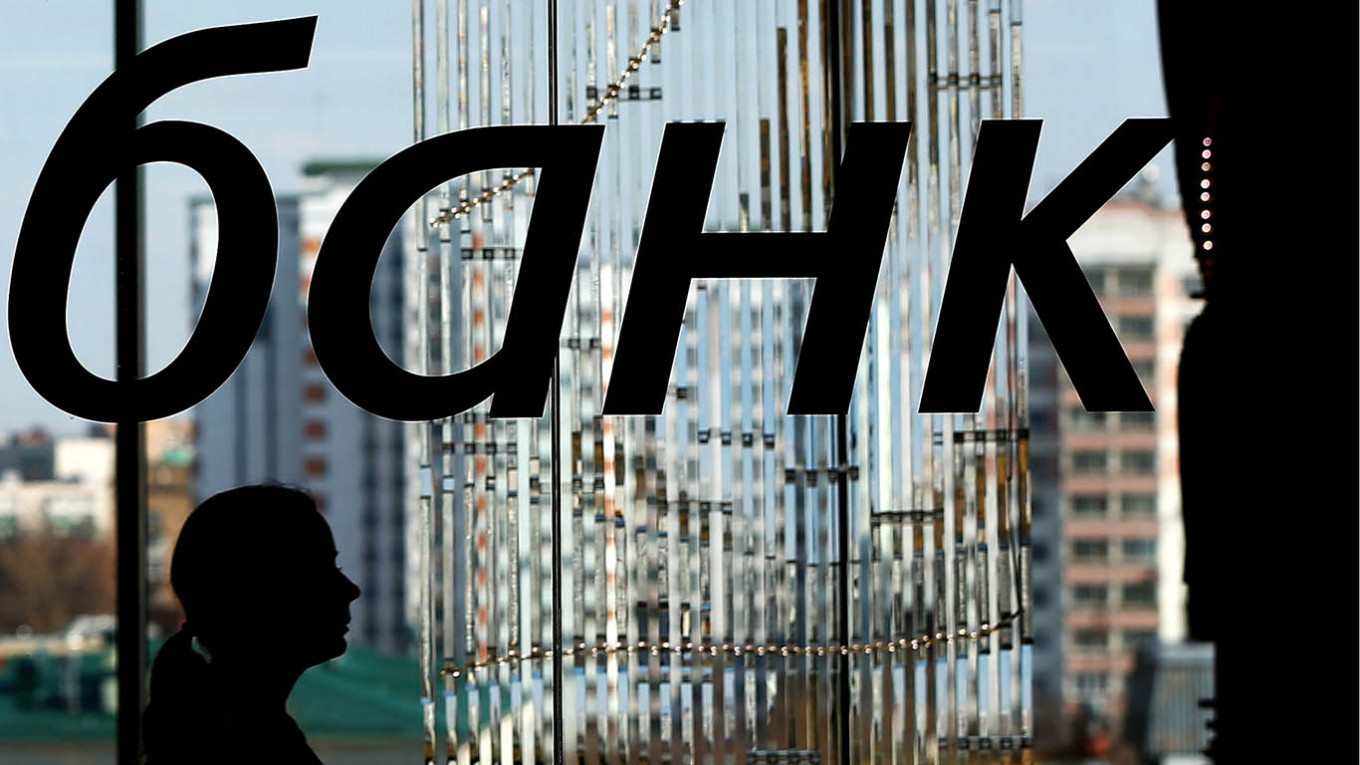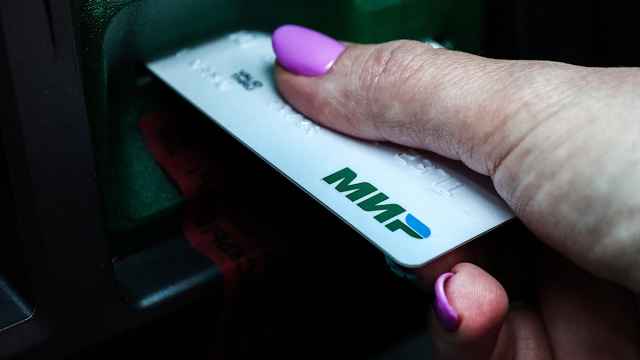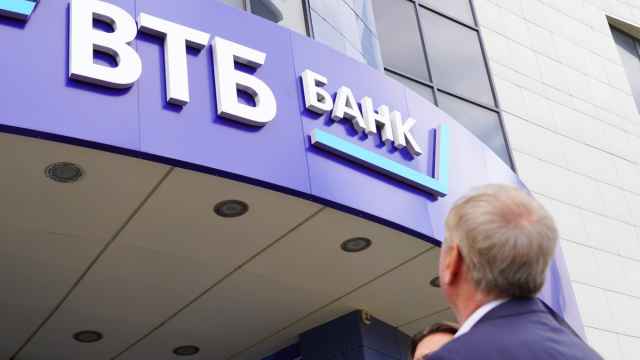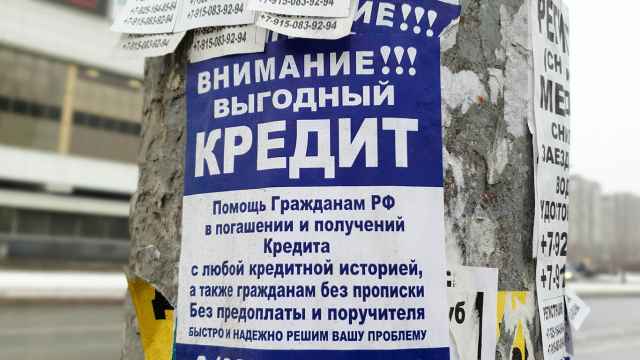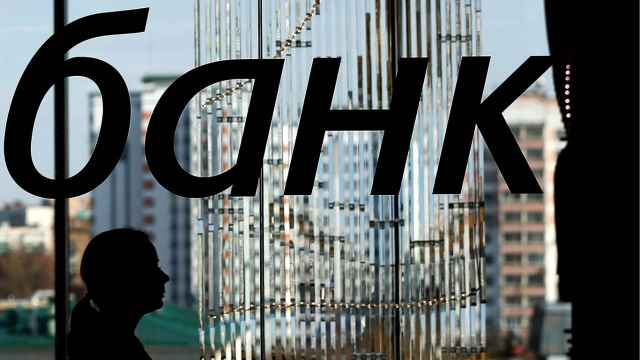Russian banks are turning down the overwhelming majority of loan applications, with just 21.4% approved in July, according to data from the National Credit History Bureau cited by the pro-Kremlin daily Izvestia.
Between 75 and 80% of applications for car loans and consumer credit are denied, while about 60% of mortgage applications fail despite the availability of government-subsidized programs.
A recent cut in the Central Bank’s key interest rate, from 21% to 18%, has done little to improve approval rates, which rose by less than a percentage point over the past month.
The tightening reflects a growing caution among lenders in response to an increase in overdue repayments on existing loans, the Central Bank said.
“Delinquency problems partly reflect pressure on household incomes and budgets due to inflation and higher payments on existing debt,” said Vladimir Chernov, an analyst at Freedom Finance Global.
If a borrower spends more than 80% of their income servicing debt, the likelihood of rejection approaches 100%, according to Inna Soldatenkova, head of expert analytics at the financial portal Banki.ru. Even with a debt-to-income ratio of 50%, the risk of being turned down remains high, she said.
Economists say the low approval rate is a symptom of Russia’s heavy household debt load, which reached nearly 37 trillion rubles ($420 billion) by the end of 2024.
Borrowers who already have loans are unlikely to qualify for new ones, said economist Andrei Barkhota.
Many turn instead to microfinance organizations, which have looser requirements, or to the shadow lending market, he added.
According to a survey by the state-run pollster VTsIOM, 32% of borrowers in 2024 approached microfinance firms because of their more relaxed standards, while 30% did so after being rejected by a bank.
But rejection rates are climbing even in the microloan sector, pushing more Russians toward unregulated lenders.
Further cuts to the key interest rate could ease the strain by lowering monthly payments, Soldatenkova from Banki.ru said.
The faster and deeper the key rate drops, the easier it will be to get a loan, Chernov agreed.
A Message from The Moscow Times:
Dear readers,
We are facing unprecedented challenges. Russia's Prosecutor General's Office has designated The Moscow Times as an "undesirable" organization, criminalizing our work and putting our staff at risk of prosecution. This follows our earlier unjust labeling as a "foreign agent."
These actions are direct attempts to silence independent journalism in Russia. The authorities claim our work "discredits the decisions of the Russian leadership." We see things differently: we strive to provide accurate, unbiased reporting on Russia.
We, the journalists of The Moscow Times, refuse to be silenced. But to continue our work, we need your help.
Your support, no matter how small, makes a world of difference. If you can, please support us monthly starting from just $2. It's quick to set up, and every contribution makes a significant impact.
By supporting The Moscow Times, you're defending open, independent journalism in the face of repression. Thank you for standing with us.
Remind me later.


